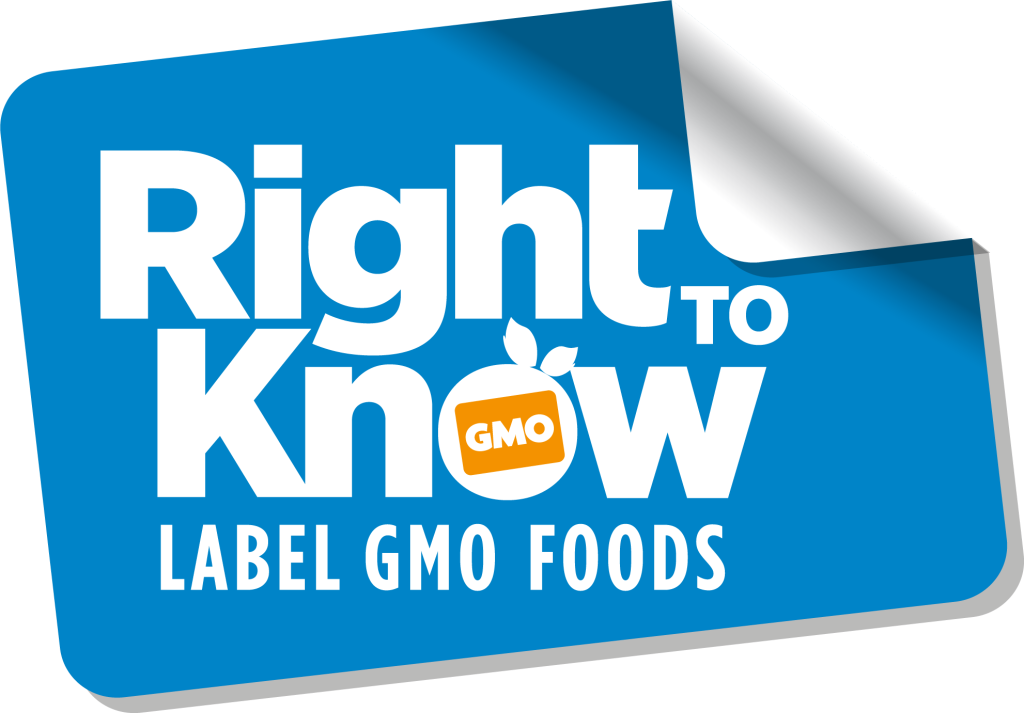GMO Labeling Bill Heads for Full Senate Vote
An initiative to label foods containing GMOs sold in Vermont passed a legislative panel last week. The Senate Appropriations committee unanimously approved H.112, a food-labeling bill designed to disclose GMOs found in certain foods. The full Senate will take up the bill as soon as this week. Lawmakers anticipate defending the legislation in court and have set up a $1.5 million legal fund for the Vermont Attorney General?s Office. The  money will come from any excess brought in by legal settlements made with businesses that violate the law; private donations from the public; and any appropriations from the general fund. The House last session voted 99-42 in favor of the bill. The Senate Agriculture Committee this year removed triggers requiring it to go into effect by a certain date or sooner if other states adopt similar labeling provisions. The bill unanimously passed the Senate Judiciary Committee last week.
money will come from any excess brought in by legal settlements made with businesses that violate the law; private donations from the public; and any appropriations from the general fund. The House last session voted 99-42 in favor of the bill. The Senate Agriculture Committee this year removed triggers requiring it to go into effect by a certain date or sooner if other states adopt similar labeling provisions. The bill unanimously passed the Senate Judiciary Committee last week.
Major Food Companies That Won?t Tell You Where Their Meat Comes?From
Companies aren?t legally required to tell consumers who provides them with the meat in their foods but when BuzzFeed asked 13 companies ?Where do you get the meat you put in your products?? naming specific brands of pizza,  soup, hot dogs, and frozen meals, only one American company, Applegate, would tell them the name of their supplier.? Since knowing where your food comes from is the first step to ensuring the quality and safety of it, the lack of transparency within these companies is a good indicator that their products are made with poor ingredients. Click here to see which food companies want to keep the source of their meat a mystery.
soup, hot dogs, and frozen meals, only one American company, Applegate, would tell them the name of their supplier.? Since knowing where your food comes from is the first step to ensuring the quality and safety of it, the lack of transparency within these companies is a good indicator that their products are made with poor ingredients. Click here to see which food companies want to keep the source of their meat a mystery.
Largest U.S. Grocery Stores Will Not Sell Genetically Engineered Salmon?
The two largest grocery stores in the United States, Kroger and Safeway, have made commitments to not sell GMO salmon. These stores join other leading supermarket chains — now totaling  over 9,000 stores nationwide — that have already rejected the GMO salmon that is still under review by FDA. ?Kroger, the leading conventional grocery chain in the U.S. with 2,424 stores, informed Friends of the Earth of its decision in a December email from Keith Dailey, director of media relations at Kroger. ?Should genetically engineered salmon be approved, Kroger has no intention of sourcing it,? Dailey wrote.? Safeway, the number two conventional grocer with 1,406 stores, confirmed their position in an email to Friends of the Earth last week and said they plan to post their statement online. The total number of companies committed to not sell genetically engineered salmon now stands at more than 60 retailers, including Target, Whole Foods, Trader Joe?s, and now Safeway and Kroger, representing more than 9,000 grocery stores across the country.? Costco, one of the largest retailers of salmon and seafood in the U.S. hasn?t made the commitment not to sell GE salmon. Click here to sign the petition urging Costco to join its competitors and commit to keeping GE salmon off its shelves.
over 9,000 stores nationwide — that have already rejected the GMO salmon that is still under review by FDA. ?Kroger, the leading conventional grocery chain in the U.S. with 2,424 stores, informed Friends of the Earth of its decision in a December email from Keith Dailey, director of media relations at Kroger. ?Should genetically engineered salmon be approved, Kroger has no intention of sourcing it,? Dailey wrote.? Safeway, the number two conventional grocer with 1,406 stores, confirmed their position in an email to Friends of the Earth last week and said they plan to post their statement online. The total number of companies committed to not sell genetically engineered salmon now stands at more than 60 retailers, including Target, Whole Foods, Trader Joe?s, and now Safeway and Kroger, representing more than 9,000 grocery stores across the country.? Costco, one of the largest retailers of salmon and seafood in the U.S. hasn?t made the commitment not to sell GE salmon. Click here to sign the petition urging Costco to join its competitors and commit to keeping GE salmon off its shelves.
Climate Efforts Falling Short
The United Nations delivered the latest news on climate change on Sunday, warning that governments are not doing enough to avoid profound risks in coming  decades. The silver lining is that there is still time to head off the worst and political will to do so seems to be rising around the world. A report by the Intergovernmental Panel on Climate Change found that decades of foot-dragging by political leaders has placed humanity in critical situation, with greenhouse emissions rising faster than ever. Without an intensive push over the next 15 years to bring emissions under control, the outcome does not look pretty. As much as we all can do individually, it is clear that major changes from the top down are crucial to tackling this issue. Keep this in mind when? it comes to voting for your elected officials. We must remain diligent about keeping pressure on those in office and constantly reminding them that climate change must be addressed immediately, before it’s too late.
decades. The silver lining is that there is still time to head off the worst and political will to do so seems to be rising around the world. A report by the Intergovernmental Panel on Climate Change found that decades of foot-dragging by political leaders has placed humanity in critical situation, with greenhouse emissions rising faster than ever. Without an intensive push over the next 15 years to bring emissions under control, the outcome does not look pretty. As much as we all can do individually, it is clear that major changes from the top down are crucial to tackling this issue. Keep this in mind when? it comes to voting for your elected officials. We must remain diligent about keeping pressure on those in office and constantly reminding them that climate change must be addressed immediately, before it’s too late.

Comments are closed.